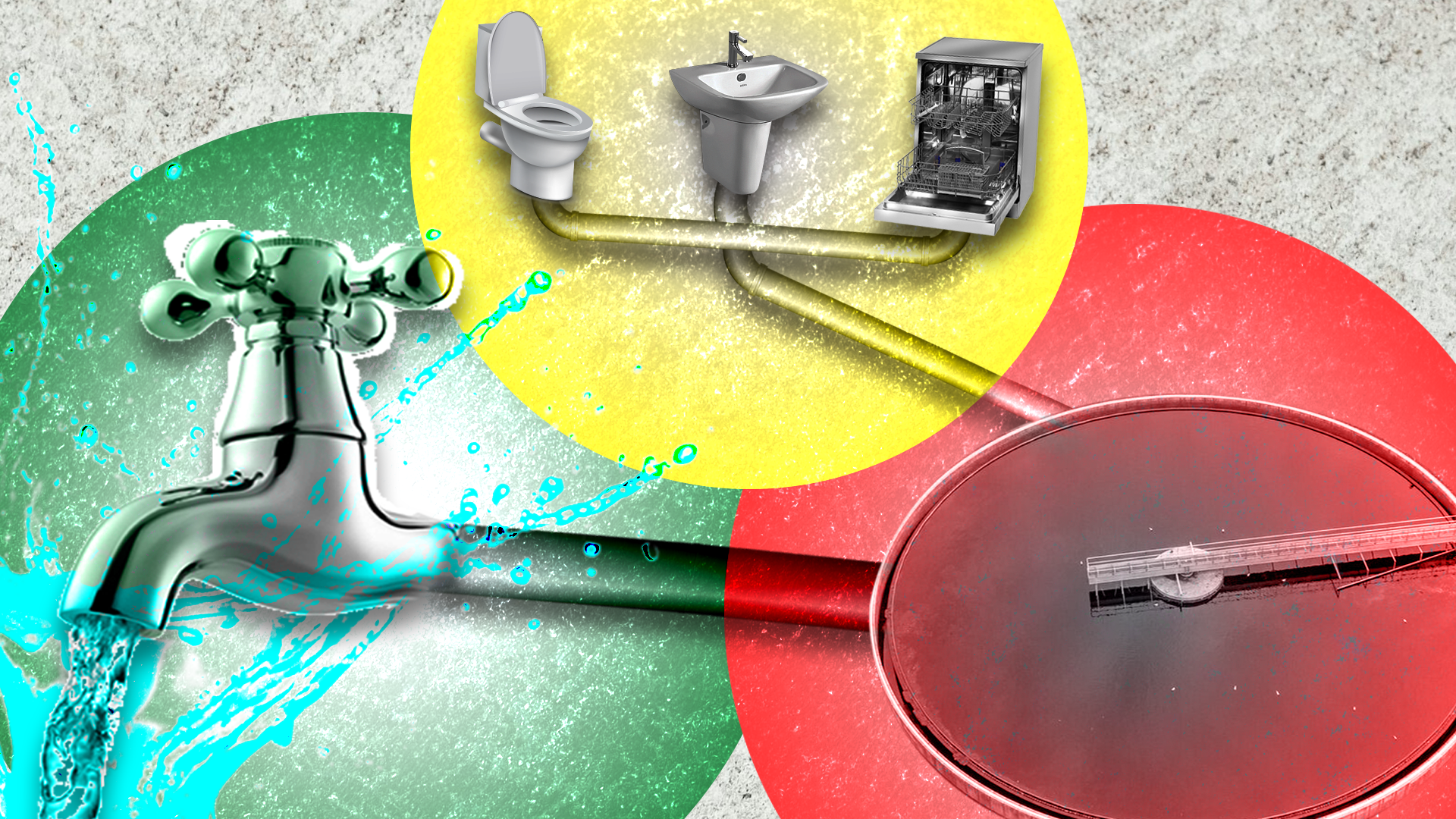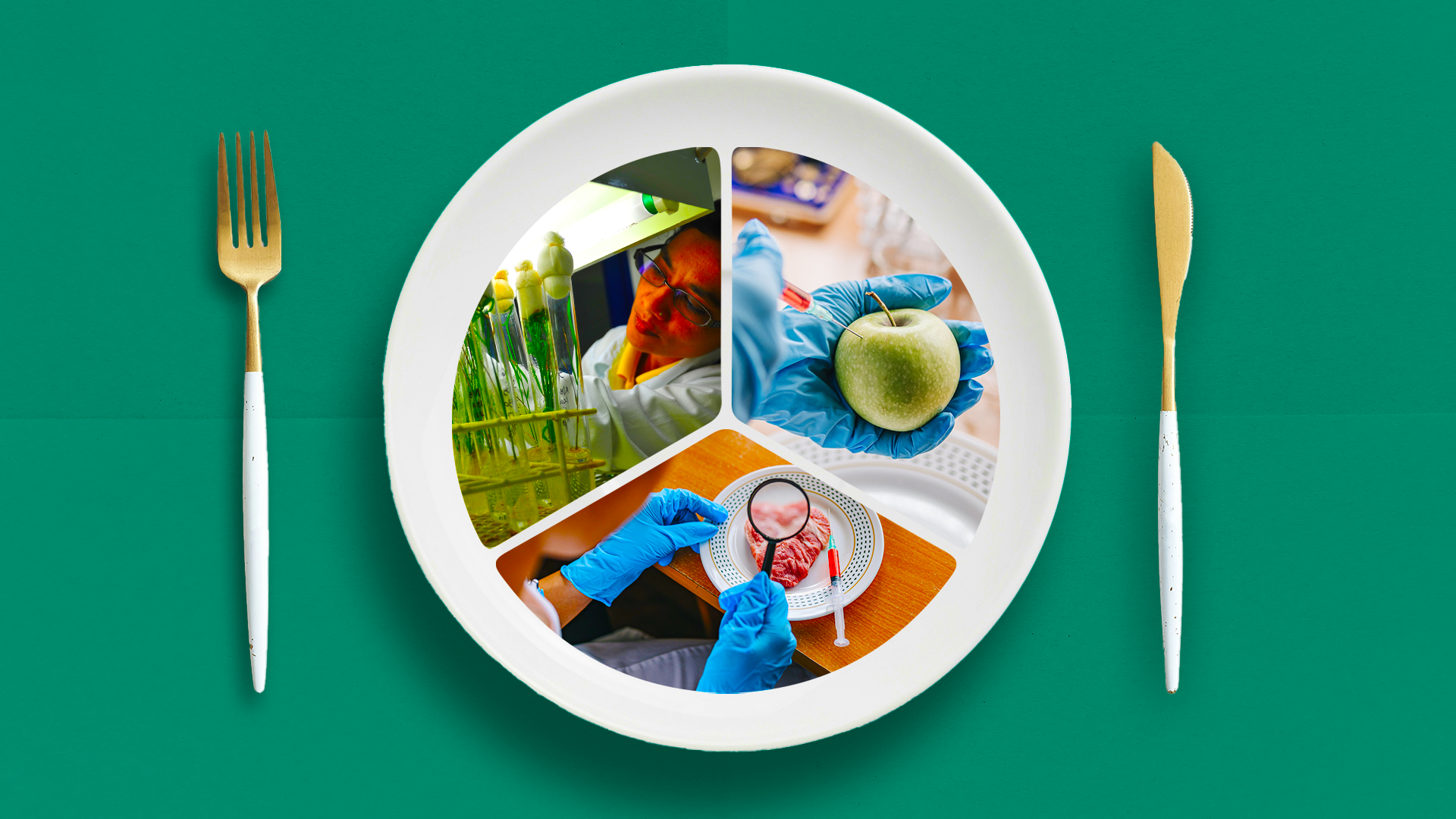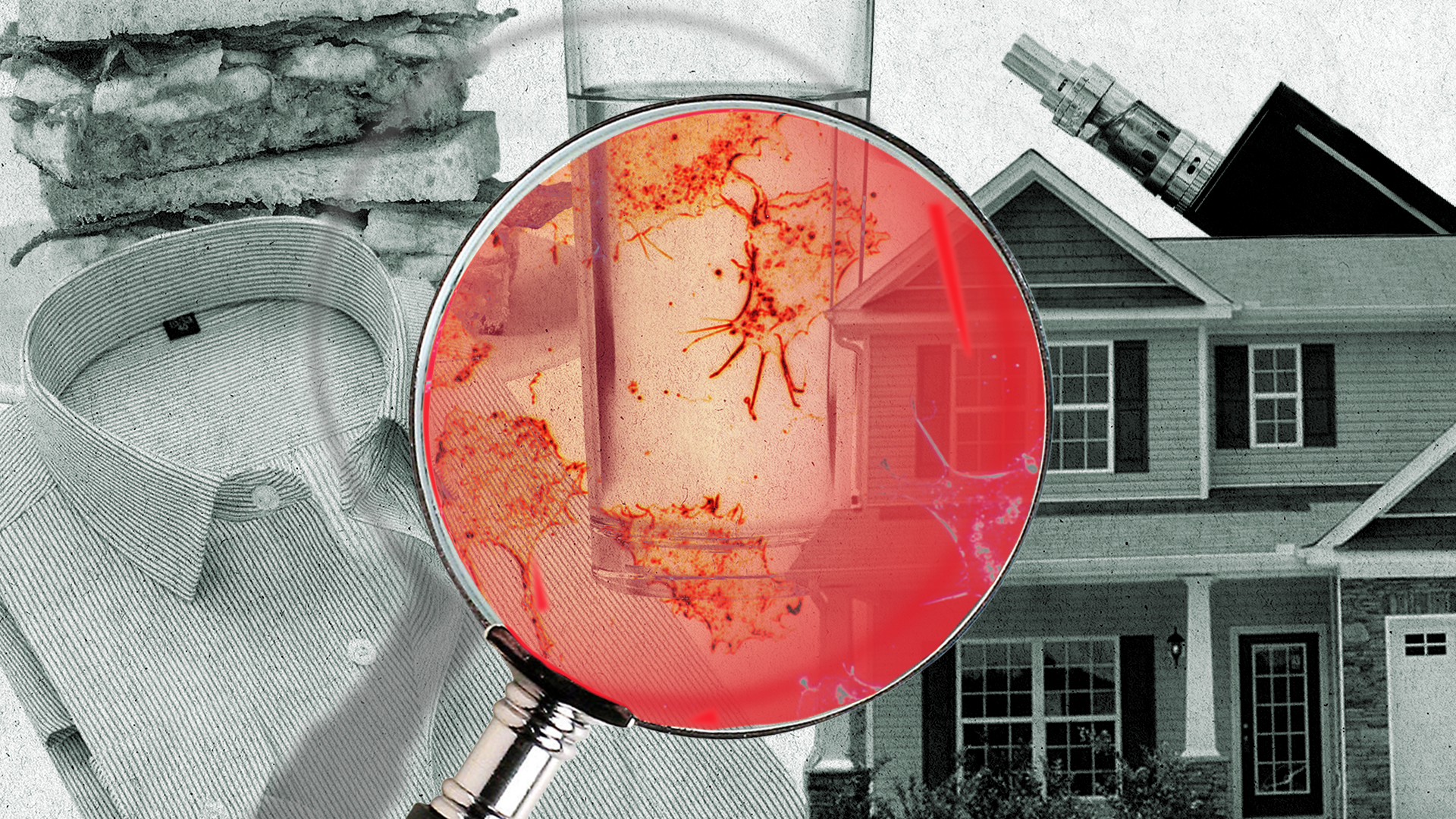By using urban runoff more wisely, cities could solve the twin problems of urban waterlogging and depleted urban groundwater resources.

Water scarcity and the need for reusing wastewater
Reclaimed water is becoming an attractive option for ensuring water security.









